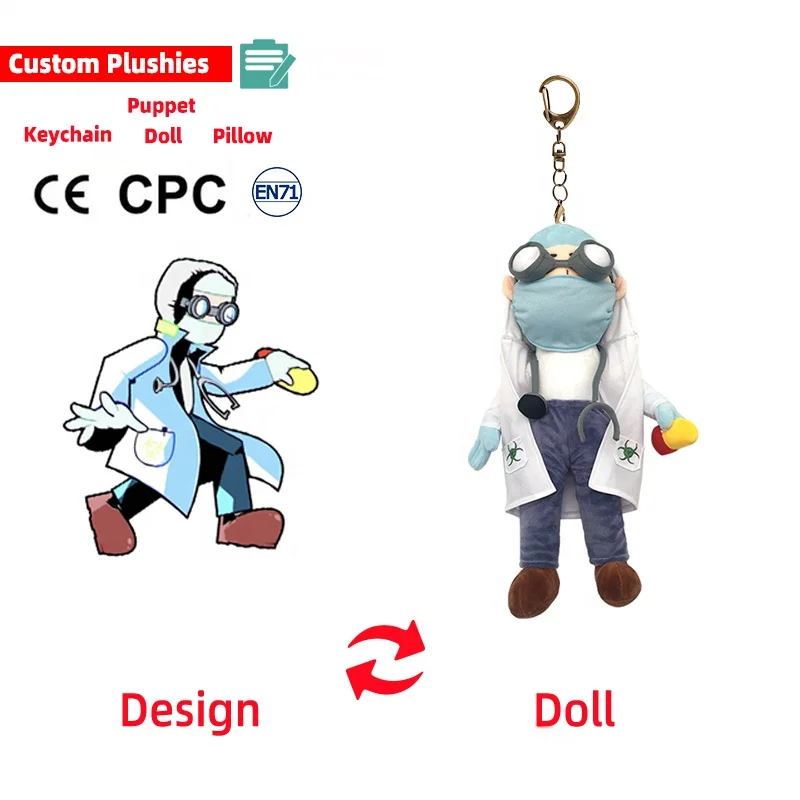
Choosing the right plush toy supplier is crucial for businesses in the toy industry, whether you’re launching a new brand or expanding an existing product line. The right partner ensures product quality, timely delivery, and compliance with safety standards, all of which are essential for building customer trust and sustaining business growth. Here are the key factors to consider when selecting a reliable plush toy supplier.
1. Product Quality and Safety Compliance
Plush toys are primarily targeted at children, so quality and safety are non-negotiable. A trustworthy supplier should use non-toxic, child-safe materials and comply with international safety standards such as ASTM, CPSIA (USA), EN71 (EU), or ISO certifications. Ask for product samples and testing reports to verify compliance. It’s also wise to conduct third-party lab testing to independently confirm quality and safety claims.
2. Manufacturing Capabilities
Assess the supplier's production capacity and technological capabilities. Can they handle custom designs? Do they offer embroidery, custom labels, or packaging? This is especially important if you plan to scale or require detailed customization. Ask about their equipment, staff qualifications, and whether they outsource any part of the production process.
3. Experience and Reputation
Years of experience often indicate reliability. Look for suppliers who have been in the plush toy manufacturing industry for several years and have a portfolio of satisfied clients. Check online reviews, client testimonials, or even request references. A supplier with a strong reputation is more likely to meet deadlines, communicate effectively, and address issues promptly.
4. Ethical and Sustainable Practices
Today’s consumers are increasingly interested in ethically sourced and environmentally friendly products. Inquire whether the supplier follows fair labor practices and environmentally sustainable manufacturing. Certifications such as Sedex, BSCI, or GOTS (for organic materials) are good indicators of ethical compliance.
5. Communication and Responsiveness
Effective communication is key to a successful business relationship. Choose a supplier that is responsive, transparent, and easy to communicate with. They should be able to answer your questions clearly, provide regular updates, and resolve issues quickly. Poor communication can lead to misunderstandings, delays, or quality issues.
6. Minimum Order Quantity (MOQ) and Pricing
Understand the supplier’s MOQ and whether it aligns with your business model. Some manufacturers may have high MOQs that aren't suitable for startups or small businesses. Pricing should also be competitive without sacrificing quality. Make sure to request a detailed quotation, including costs for samples, production, shipping, and any additional services.
7. Logistics and Delivery Timelines
Reliable delivery is essential for maintaining inventory levels and meeting customer expectations. Ask the supplier about their average production lead time and shipping options. Do they have experience with international shipping? Are they familiar with customs and import/export regulations for your region?
Final Thoughts
Choosing a reliable plush toy supplier requires thorough research and due diligence. By evaluating their product quality, manufacturing capabilities, ethical standards, and communication practices, you can establish a solid partnership that supports your business goals. A reliable supplier is more than just a vendor—they're a key part of your brand’s success story.

